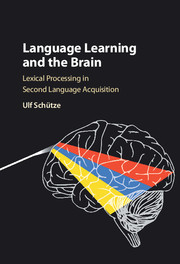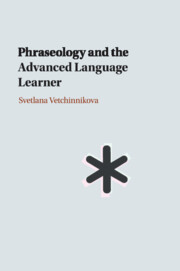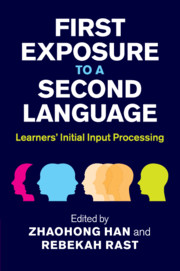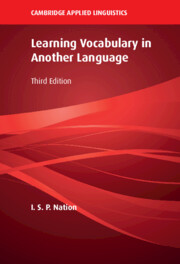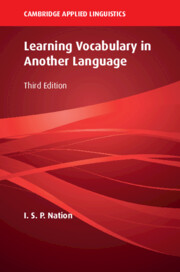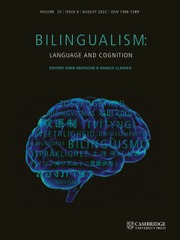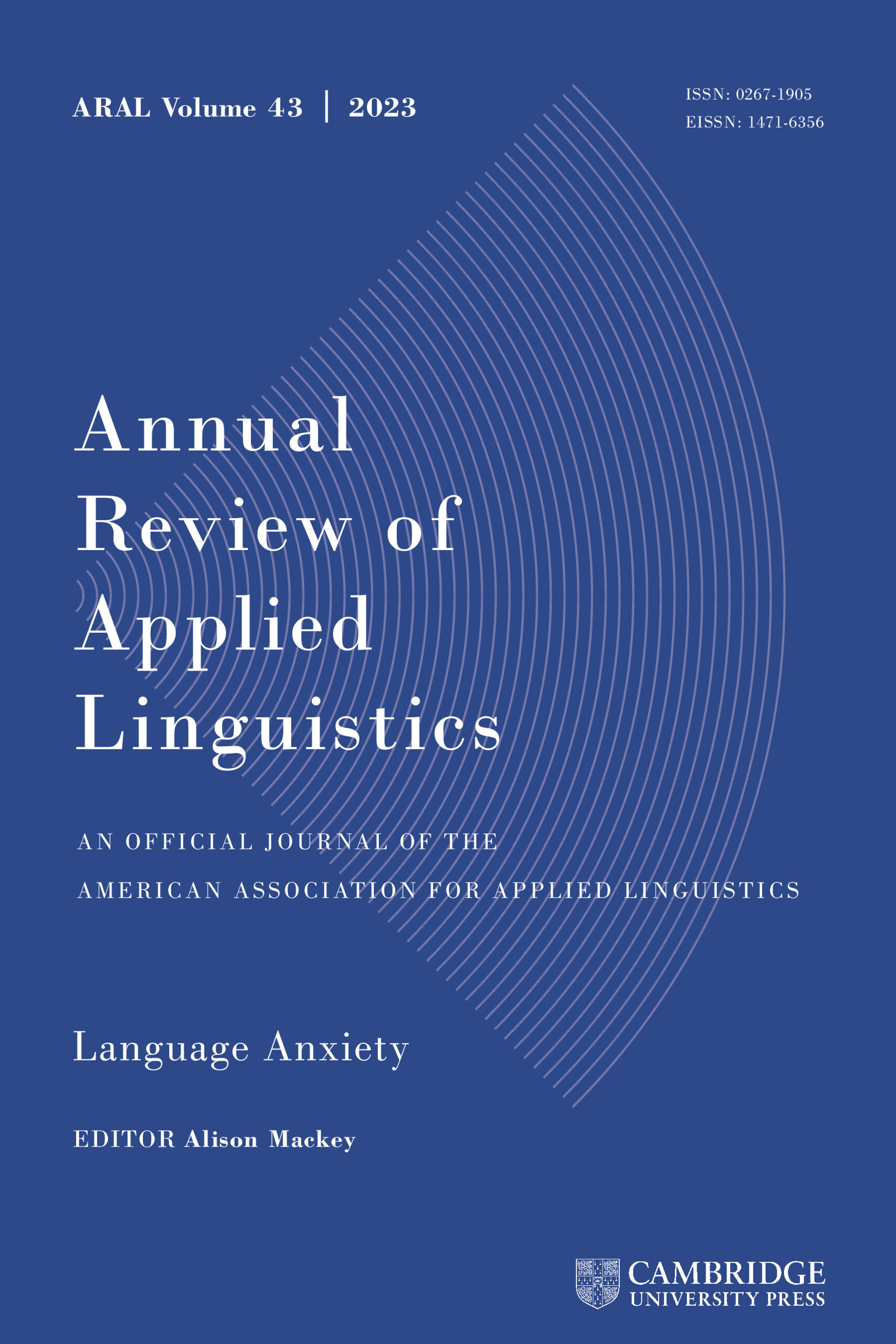Language Learning and the Brain
Every person who encounters or learns another language is faced with the challenge of processing many new words in a short period of time. What are the conditions under which a learner can acquire those words successfully and process them to long-term memory? How do language and memory faculties interact? What role do the senses play in this process? Are factors such as age or individual backgrounds of learners to be considered? Taking the reader on a fascinating journey through the brain to demonstrate how language is processed, Ulf Schütze explains the dynamic environment involved in recording and producing words. The book also discusses how to use information technology, such as Apps, to make the learning of words entertaining and efficient.
- Describes learning words in another language as a dynamic and fluid process
- Provides a strong research base in second language acquisition, psycholinguistics, cognitive psychology, and neurophysiology
- Outlines practical applications that are helpful for learners, teachers, researchers, and the general public
Product details
No date availablePaperback
9781316610954
0 pages
0kg
10 b/w illus.
Unavailable
Table of Contents
- Introduction
- 1. A new word
- 2. Memory, language and the brain
- 3. Synaptic connections
- 4. Cognitive load
- 5. First and second language acquisition
- 6. The bilingual lexicon and speaker
- 7. Spacing
- 8. Word analysis
- 9. Learning and teaching.

